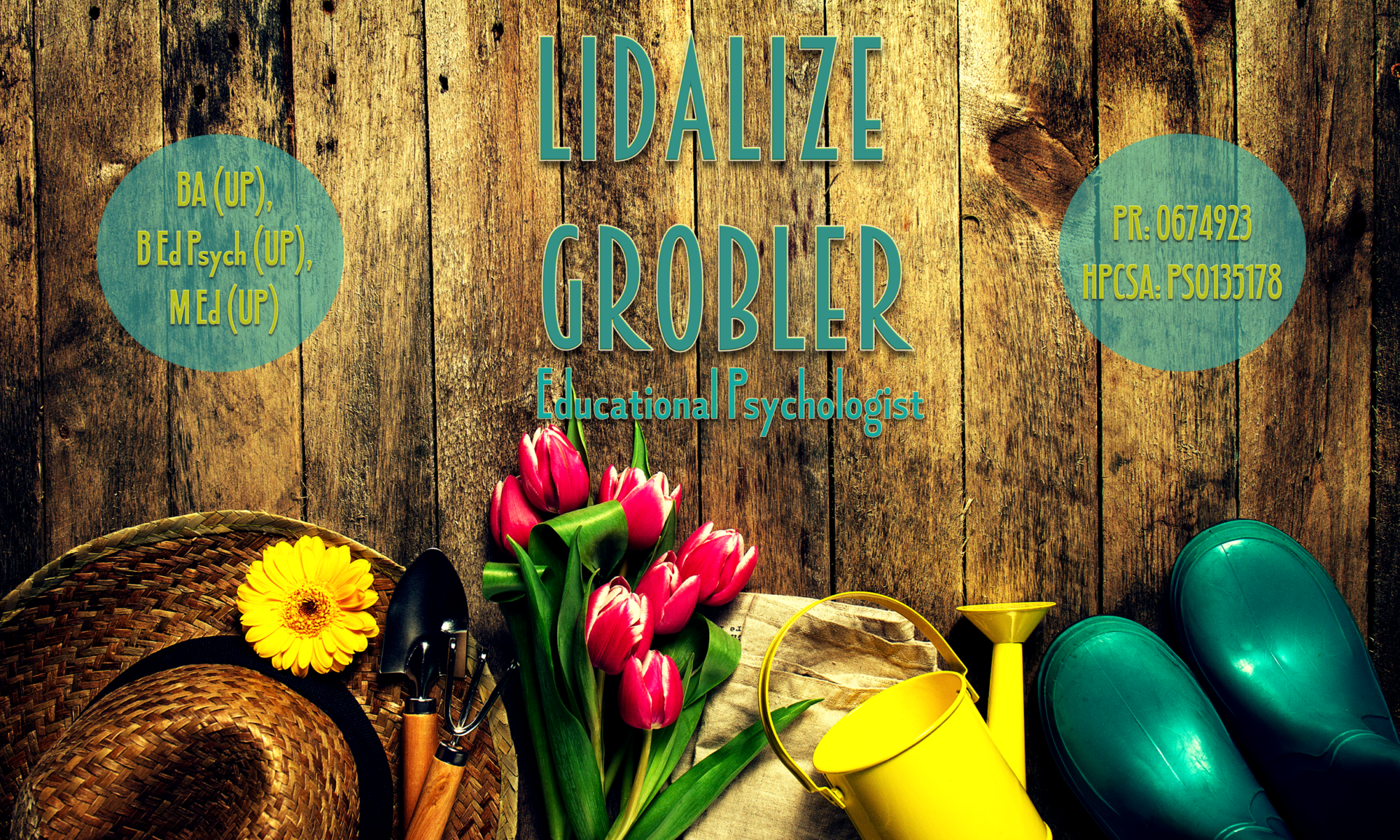We most probably all heard Mahatma Ghandi’s words:
“Your beliefs become your thoughts
Your thoughts become your words
Your words become your actions
Your actions become your habits
Your habits become your values
Your values become your destiny”.
Imagine the following:
An enthusiastic Grade 1 girl, with a bright smile and special energy. Let’s call her Amy. She had a great day at school and she is extremely delighted about the new song she learnt during choir practice. She can’t contain her excitement, and she is bursting to sing to her mom once she is back from work.
However, Amy’s mom (a very clever woman with a great heart) who loves her daughter dearly, had a horrendous day at the office. She comes home deeply tired, drained emotionally and fighting a throbbing headache. All of which the little girl was obviously unaware. Therefore as she arrived home, Amy started singing her new song, jumping happily up and down. She did so loud and proud, authentically expressing her joy.
Undeniably, Amy’s singing made her mother’s headache even worse, and at a certain moment, she just lost control. She looked at her daughter angrily, and said in no uncertain terms, “Shut up! You have an ugly voice. Can you just shut up!”
I know, I want to cringe too, as those words were so hurtful. Although so unintentional. The truth behind all of this is that the mother’s tolerance for any noise in that moment was nonexistent; it was not that the girl’s voice was ugly. Her mom didn’t mean it, she was just entirely overwhelmed. But yes, how was Amy supposed to know that.
So understandably she immediately believed what her mother said. And as a consequence she decided to quit the choir. She believed her voice was ugly and that she would bother anyone who heard it. She eventually became shyer and shyer at school, and if she was asked to sing, she refused. Even speaking to others became difficult for her. Everything changed in her, there was a shift in the beautiful little girl, all because of the belief she derived after the unconscious words of another.
Sounds familiar? Something similar happened to you?
In the case that it did, the belief you derived because of such an event or even events, probably impacts you till this day.
Once verbal insults are programmed into our subconscious mind, they are interpreted as “truths” that unconsciously shape our behaviour and potential.
If something similar happened, most probably your self-confidence was effected, your social assertiveness in all likelihood decreased, and consequently your self-image followed suit.
Bruce Lipton, writer of the book The Biology of Belief, shares the immensity of the truth behind “We are what we think”, even on a biological level.
If our beliefs are limiting, our experience of life reflects the like.
And if our beliefs are expansive, our experience of life also reflects the like.
As a psychologist it is my observation that the personal beliefs we hold in our hearts, restrict us more than we want to acknowledge. At times we are not even aware of the negative beliefs we hold about ourselves. And in the few cases we bravely identify and face them, we do not always have effective ways to replace those limiting beliefs with expansive ones.

Imagine if Amy who, as a grown woman, overlooks her inherent value and significance because of a lifetime of limiting beliefs, can get the chance to once again be the vibrant, enthusiastic and talented woman she always was but never allowed to truly live.
Exploring your own limiting beliefs in therapy can be the start of becoming your true self again. It can ignite the process of once again being the eager, wholehearted person who enjoys life, engages in healthy relationships, who believes in his or her abilities and who takes the world by storm.
Give yourself the chance to shine – identify and replace your own limiting beliefs.
Story adapted from:
Ruiz, Don Miguel. The Four Agreements: A Practical Guide to Personal Freedom (A Toltec Wisdom Book) (pp. 34-35). Amber-Allen Publishing. Kindle Edition.
Helpful sources:
Lipton, Bruce. The Biology of Belief. (pp. 174-174). Hay House Inc. Kindle Edition
